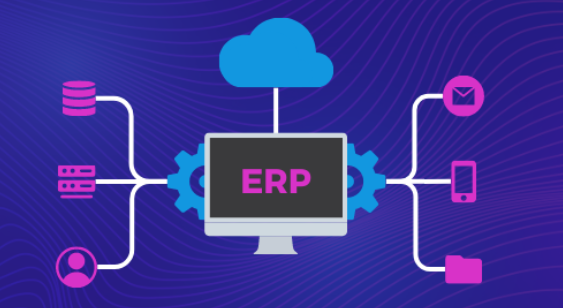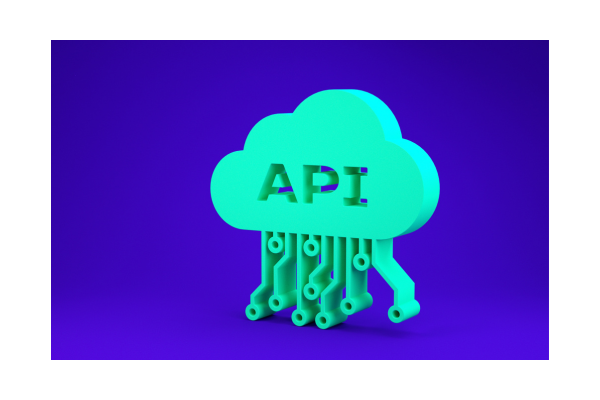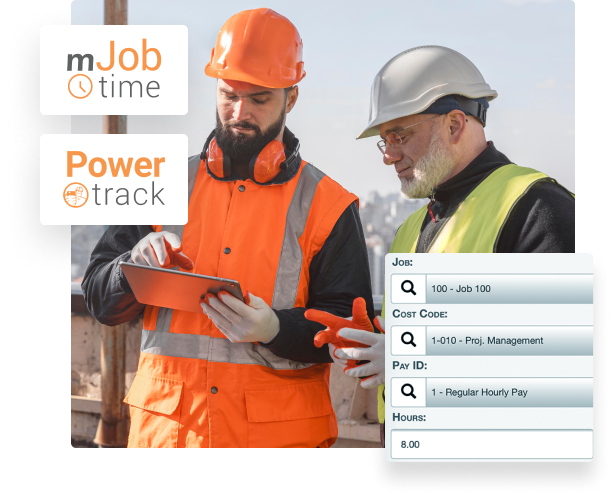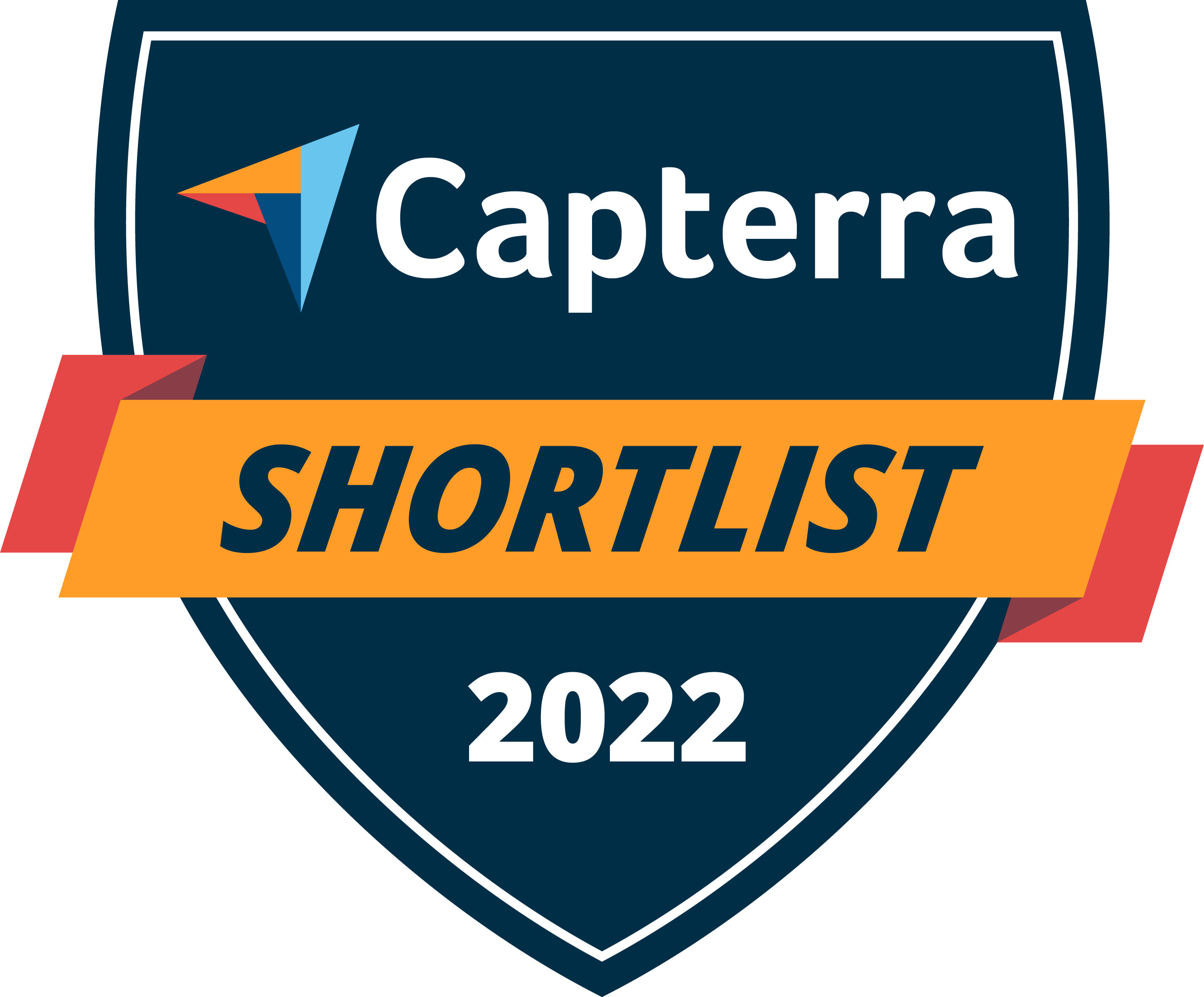Managing the complex dance of construction projects requires smooth communication and data flow between office and field. In this digital age, two main approaches dominate the construction field management landscape: leveraging applications native to your ERP system or seeking best-in-class solutions from vendors that integrate with the ERP.
Each path has its own set of advantages and drawbacks, leaving construction companies and project managers to weigh the pros and cons based on their business needs. Here is some guidance to help when making your construction project management software decisions.
The Allure of the Nest: Native ERP Apps
Stepping into the world of native ERP apps feels like arriving at a neatly organized home. Everything’s familiar, the furniture fits, and workflows flow. When it comes to construction project management tools, native apps help eliminate data silos and simplify information exchange.
Pros of Native ERP Apps:
- Seamless integration: Data flows effortlessly between fieldwork and back-office operations, minimizing manual entry and errors.
- Unified user experience: Employees use a single platform for all tasks, simplifying training and boosting user adoption.
- Reduced costs: You leverage your existing ERP investment, potentially avoiding additional licensing fees for separate management software solutions.
- Centralized data management: Information for your entire project resides in one place, fostering improved visibility and control.
Cons of Native ERP Apps:
- Limited functionality: Native apps tend to lack the depth and sophistication of dedicated solutions for challenges such as construction time tracking or construction equipment management.
- Customization challenges: Adapting the app to your existing, specific construction project workflows and needs can be difficult or costly.
- Vendor lock-in: You become reliant on your ERP vendor for continued updates and functionality, limiting flexibility.
- Lag in innovation: Native apps might not keep pace with the rapid advancements in construction technology. ERP providers by nature must cover more digital territory and so tend to lag the market in both new feature releases and depth of coverage for specific applications, particularly for managing construction field work.
Stepping Out: Best-in-Class Solutions
Venturing into the market of best-in-class point solutions feels like exploring a diverse bazaar. Vendors offer specialized tools, boasting powerful features and cutting-edge advancements. Integrating these solutions with your ERP opens doors to innovative functionalities and tailored workflows that may more closely match how you do business.
Pros of Best-in-Class Solutions:
- Specialized expertise: Point solutions offer deeper functionalities and specialized tools for specific construction project needs, like job-costed time tracking or safety management.
- Rapid innovation: Independent vendors often lead the charge in new construction technologies, providing access to cutting-edge construction field management capabilities.
- Customization: In many cases, best-in-class solution providers are more willing than ERPs to tailor their applications to each customer’s needs, including workflow changes and specific feature customizations.
- Increased flexibility: You can choose and mix and match solutions to best suit your unique workflows and construction project demands.
- Enhanced user experience: Point solutions might offer more intuitive and user-friendly interfaces for field workers.
Cons of Best-in-Class Solutions:
- Integration complexities: Integrating multiple solutions with your ERP can be technically challenging and expensive unless your vendor already has established integrations with that ERP platform or includes integration as part of their offering.
- Data fragmentation: Without proper integration between ERP and app, data might get scattered across various platforms, requiring additional effort for consolidation and analysis.
- Increased cost: With increased functionality often comes increased cost. Be sure you understand the differences in both functionality and price when comparing native versus best-in-class solutions for your construction project management tool.
- Vendor management overhead: Managing relationships with multiple vendors can become time-consuming and complex.
Finding the Golden Hammer: Making the Right Choice

Choosing between native ERP apps and best-in-class solutions for your construction management is a nuanced decision with no one-size-fits-all answer. Here are some guiding principles to help you find the golden hammer for your construction needs:
- Assess your needs: Identify your specific challenges, desired functionalities, and project budget constraints.
- Evaluate existing workflow: Analyze how fieldwork currently integrates with your ERP system.
- Consider futureproofing: Choose solutions that offer scalability and adaptability to accommodate potential growth and changing needs.
- Explore integration complexities: Understand the technical challenges and costs of integrating point solutions with your ERP.
- Weigh the long-term ROI: Look beyond upfront costs and consider the impact on efficiency, productivity, and project success.
Ultimately, the ideal construction field management approach is not about choosing sides but finding the right blend. Native ERP apps provide a foundation of seamless integration and centralized data, while best-in-class point solutions offer specialized tools and cutting-edge functionalities. By carefully assessing your construction project management needs, exploring options, and considering the long-term implications, you can build a comprehensive and future-proof solution that keeps your construction projects running smoothly, from the trenches to the boardroom.
As you know, construction projects are complex ecosystems, and your fieldwork management system should reflect that complexity. Embrace the unique advantages of both native apps and point solutions and build a digital ecosystem that seamlessly connects the dots, from the ground up.
Mike Soniat is President and Co-Founder of mJobTime, a leading provider of field management solutions for the construction industry for more than 30 years. He can be reached at [email protected].







